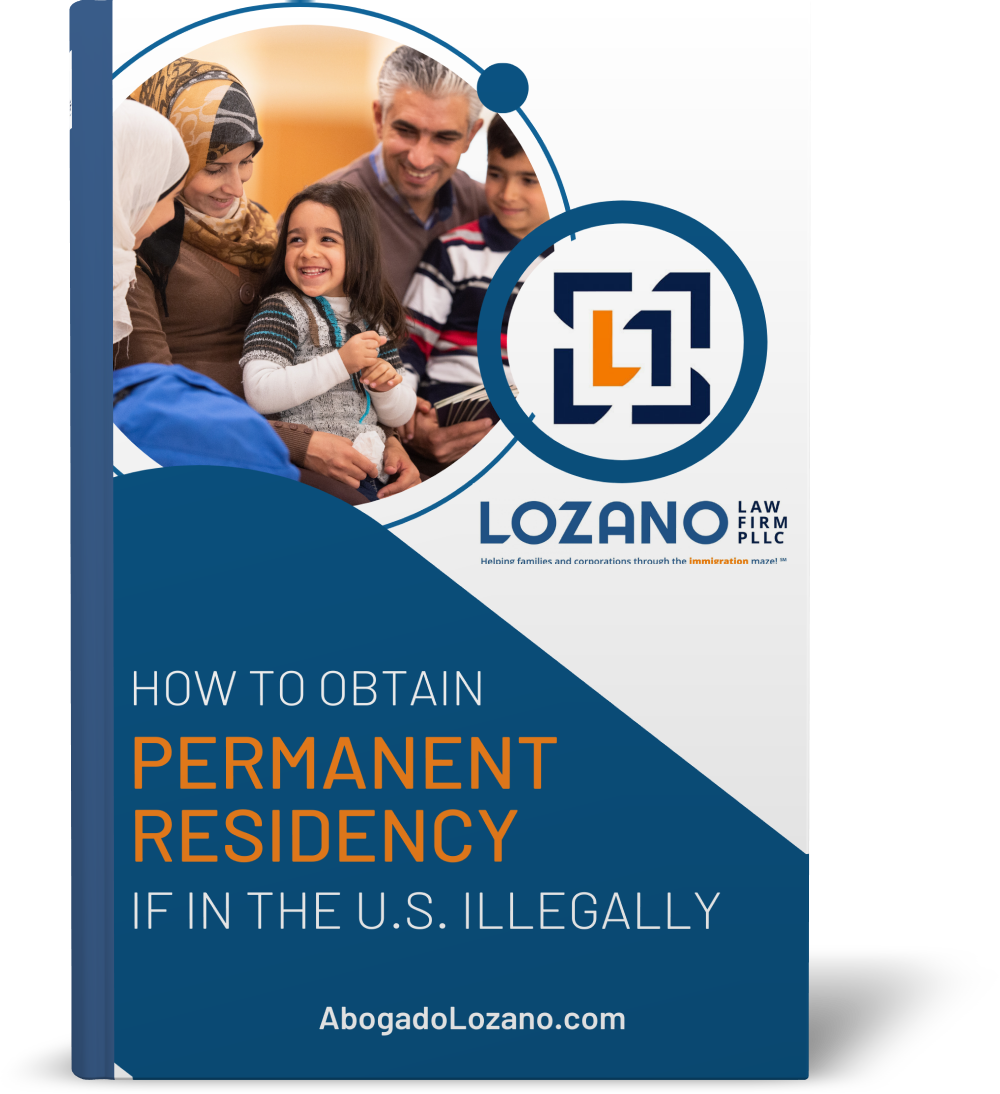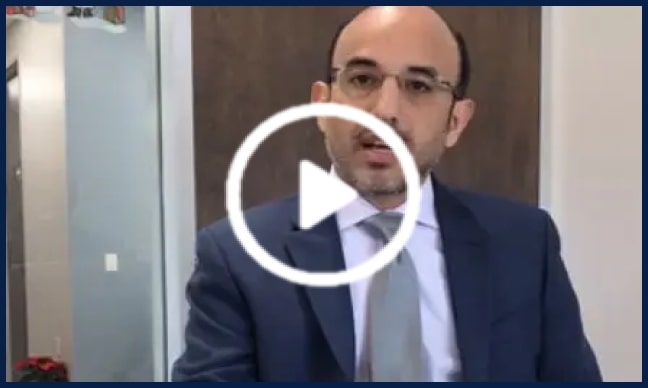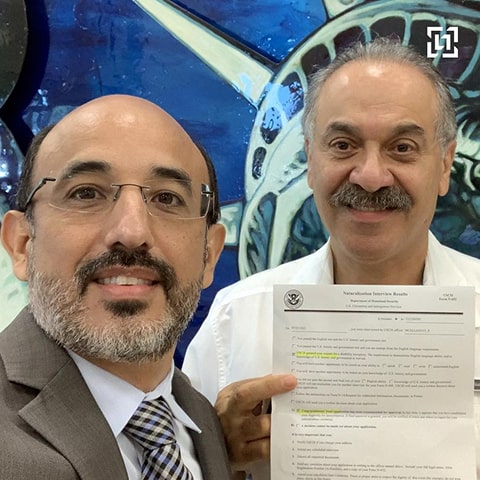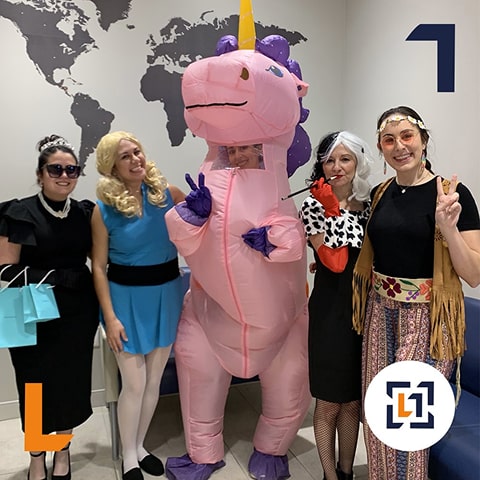A Green Card attorney in San Antonio is essential for obtaining U.S. permanent residency, which opens many doors. However, the application process can be tricky and overwhelming. Immigration laws are complicated, and mistakes can lead to delays or denials.
Green Card lawyers can provide valuable help in this aspect. They guide you through the legal process, ensuring all your paperwork is in order and that you meet every requirement. Their skills and experience can significantly boost your chances of success.
If you want to live permanently in the United States but don’t know where to start, this article will provide you with what you need. It will cover a general overview of the legal process, including immigration criteria and steps to obtain a permanent resident status.

Why Hire A Green Card Attorney In San Antonio?
Hiring a lawyer for a Green Card is crucial for anyone aiming to achieve lawful permanent resident status. The immigration process involves extensive paperwork, strict deadlines, and ever-changing laws. An experienced lawyer can ensure all documents are correctly filed and submitted on time, minimizing errors that can lead to delays or denials.
An attorney can offer personalized advice tailored to your situation, help you understand your options, and guide you through interviews and appeals if necessary. They can also represent you in court, providing a professional advocate in critical moments.
Without professional help, you risk missing key details, jeopardizing your approval chances. Investing in an immigration lawyer means planning for your future, giving you peace of mind and a higher probability of achieving your goal. Now that you know the benefits of hiring an immigration attorney, the next topic is the specifics of obtaining lawful permanent resident status.
How Do You Become A Lawful Permanent Resident?
The process involves several stages to assess your qualification for permanent residence in the United States. It begins with determining your Visa preference category. This can range from family-sponsored to employment-based or other particular classifications.
Determining Visa Preferences
The family based category primarily involves U.S. citizens or permanent residents sponsoring certain family members for a Green Card. Eligibility depends on the sponsor’s relationship with the family member, such as a spouse, child, parent, or sibling.
In the employment based category, an employer in the United States sponsors the applicant. This is common for individuals who may have specific skills valuable to the U.S. labor market.
Other particular classifications refer to more specific or less common circumstances that qualify you to apply for a permanent resident card. For example, an investor immigration program qualifies some foreigners for LPR status. Other unique classifications may include refugees or asylum seekers, victims of human trafficking or crime, and several others.
Submitting The Immigrant Petition
Once you’ve determined your eligibility category, filing for an immigrant petition is the next step. Depending on your Visa preferences, a sponsoring family member or employer will file this for you. In some exceptional cases, you can submit it yourself.
After the immigration authorities approve your petition, a Visa number will become available. You must then complete a series of forms and provide the supporting documents to submit to the USCIS. You must forward it to the Department of State at a U.S. Consulate or Embassy if you’re outside the United States. This step is known as Adjustment of Status if you’re in the United States or Consular Processing if you’re abroad.
Throughout this journey, immigration attorneys play an invaluable role. They can assist you in compiling and submitting accurate and comprehensive documentation and ensure timely submissions. Your immigration lawyer can also help you explore how to convert your Temporary Visa to a Green Card.
There are various ways to achieve lawful permanent residency in the US, and employment is a viable option for those with sought-after skills. But if you’re in the U.S. on an H-1B Visa, can this temporary status lead to permanent residency?
Can You Obtain Permanent Residency With An H-1B Visa?
The transition from a Temporary Work Visa to a permanent residency is a significant milestone in the lives of many workers in America. The initial step in converting the H-1B Visa to a Green Card is identifying a sponsoring employer. Your employer must agree to offer you a permanent job position and support you throughout the LPR process.
The Labor Certification Phase
After that, they must obtain a Labor Certification, also known as PERM. This process will prove to the Department of Labor (DOL) that insufficient qualified U.S. workers can fill the position. Your employer must also show that employing a foreign worker will not impact the working conditions of U.S. laborers similarly employed.
Once the DOL approves the Labor Certification, the management must submit an Immigrant Petition for Alien Worker, Form I-140. They must prove that they have the financial ability to pay their offered wage. After the approval of the I-140 and the availability of a Visa number, you can apply for an adjustment of status.
Filing Of Adjustment Of Status
Once your priority date arrives (or if not filing concurrently), it’s time to submit Form I-485, the application for permanent residency. This involves paperwork, fingerprinting, and sometimes an interview. Consider it your final exam to prove you qualify to make the U.S. your permanent home.
Remember, wait times can vary based on your category and the current Visa bulletin. However, with the guidance of an immigration attorney for Green Card, you can better understand how long this process might take. You can maintain your H-1B status and continue working during this journey. Just make sure to stay on top of your immigration status to avoid issues.
This path to a Green Card may be long. Still, with your employer’s support, you can turn your H-1B Visa into a gateway to a permanent American future.
If you want to convert your Temporary Visa to permanent residency, you must understand the priority dates in the process. Understanding these dates will keep you updated about the progress of your application.
What Are Priority Dates In The Immigration Process?
In the immigration process, the priority date is crucial. It’s the date when the USCIS receives your immigrant petition. Imagine it as a ticket in line for Visa availability—the earlier this date, the sooner you proceed toward getting your Visa approved.
The priority date holds your place in line and should remain valid until you can apply for AOS or consular processing. This happens only when a Visa number becomes available. The availability is updated monthly in the Visa Bulletin by the Department of State.
Recognizing, discerning, and managing priority dates are crucial tasks where legal guidance is vital. Your Green Card lawyer will help when your priority date becomes current and strategize the timing of your application filing.
Immigration lawyers regularly monitor the Visa Bulletin to inform you about progress. Additionally, having legal representation is vital in cases where the USCIS asks for additional evidence for your application.
What Are Requests For Evidence?
Requests for Evidence (RFEs) may arise in the process when the USCIS requires additional clarification or documentation. They usually ask for these before granting an immigration benefit.
While RFEs can create extra steps in the process, understanding their purpose and impact is crucial in addressing them effectively. The USCIS issues these for many reasons, such as:
- When you need more supporting documents.
- The application requires complete or consistent information.
- You need further evidence to establish eligibility.
The impact of RFEs may include delays in the processing of your application. It could also result in an additional workload to gather and submit the necessary information. Sometimes, it can even increase the likelihood of denial if you do not address the RFE adequately. Thus, taking RFEs seriously and responding to them is crucial for a successful application.
A green card attorney serves a critical role when tackling Requests for Evidence. They can help you comprehend the concerns and issues USCIS has raised. Immigration lawyers can also assist you in assembling all the necessary documents and data that effectively answer the RFE.
Fortunately, getting an RFE isn’t the end of the road to permanent residency. Handling the application process, including any RFEs that pop up, moves you closer to securing a Green Card.
Seek Help From A Green Card Attorney At Lozano Law Firm
Are you planning to pursue lawful permanent residency in the United States? Then you might be thinking: Is there a Green card lawyer near me? If you’re living in San Antonio, Texas, there is. At Lozano Law Firm, we understand the challenges and intricacies of obtaining a Green Card. Our dedicated team is here to guide you through every step of the process, ensuring a smooth and successful journey to permanent residency.
In-Depth Knowledge & Personalized Guidance
Our firm offers extensive knowledge of immigration law, allowing us to provide tailored advice that fits your unique situation. You may be applying through family sponsorship, employment, or another special category. We work closely with you to understand your circumstances and come up with a strategy that increases your chances of success.
Comprehensive Support Through The Process
We handle all aspects of your Green Card application, from determining your eligibility category to filing the necessary petitions and responding to any Requests for Evidence. Our attorney will meticulously review your documents, ensuring everything is complete and accurate to avoid delays or denials.
So, Lozano Law Firm is your go-to choice if you’re in San Antonio and seeking a Green Card. We provide practical guidance and support every step of the way. Reach out to us and let our experienced team help you achieve your dream of becoming a permanent resident of the United States.
A Green Card attorney is essential for obtaining U.S. permanent residency due to the complexities of immigration laws. They assist with paperwork, guide applicants through the legal process, and improve your chances of success. Your lawful permanent resident journey involves identifying Visa categories, submitting petitions, and handling requests for evidence. The benefits of hiring an experienced Green Card attorney include: ensuring all documents are correctly filed, following the correct steps, and higher approval chances.
San Antonio Green Card FAQs
What Is A Green Card & Why Is It Important?
A Green Card allows you to live and work in the United States indefinitely. It’s a critical step for individuals who want long-term stability in the U.S. and a future path to citizenship. At Lozano Law Firm in San Antonio, Texas, we help clients obtain green cards through family, employment, investment, and humanitarian categories.
How Do I Know If I’m Eligible For A Green Card?
Can I Apply For A Green Card While On A Temporary Visa?
What Happens After I Get My Green Card?
Can I Still Lose My Green Card While Living In San Antonio, TX?
Can I Sponsor A Family Member Once I Get My Green Card?
Do I Need To Renew My Green Card?
Can I Travel Outside The U.S. With A Green Card?
Yes, but you should not remain abroad for extended periods without planning ahead. Trips longer than six months may raise questions about whether you’ve abandoned your U.S. residence. We advise clients on reentry permits and how to prepare for travel as a permanent resident.
How Do I Get Help With A Green Card In San Antonio, TX?
Contact Lozano Law Firm for a free case evaluation. We’ll review your eligibility, explain the steps, and guide you through each stage of the green card process. Whether you’re applying for the first time or facing complications, our San Antonio team is here to support you.



















